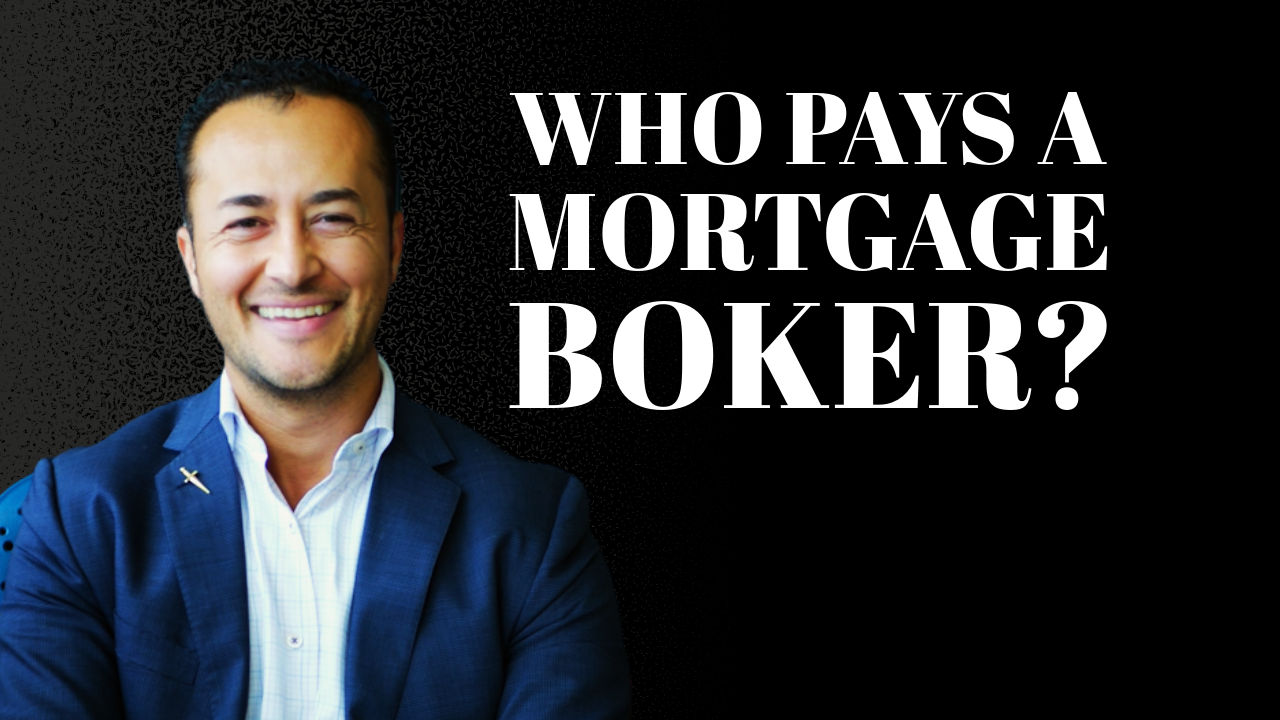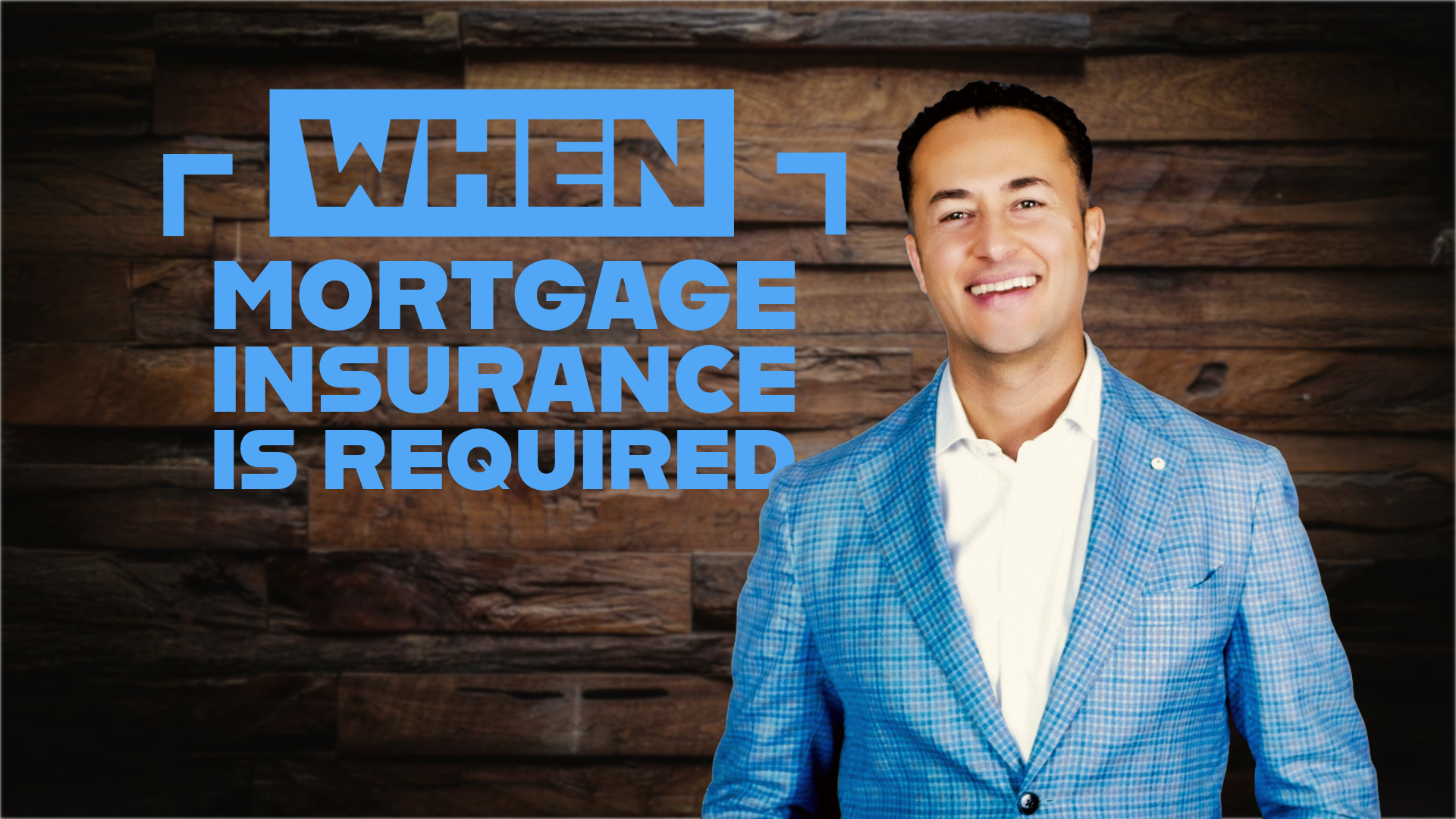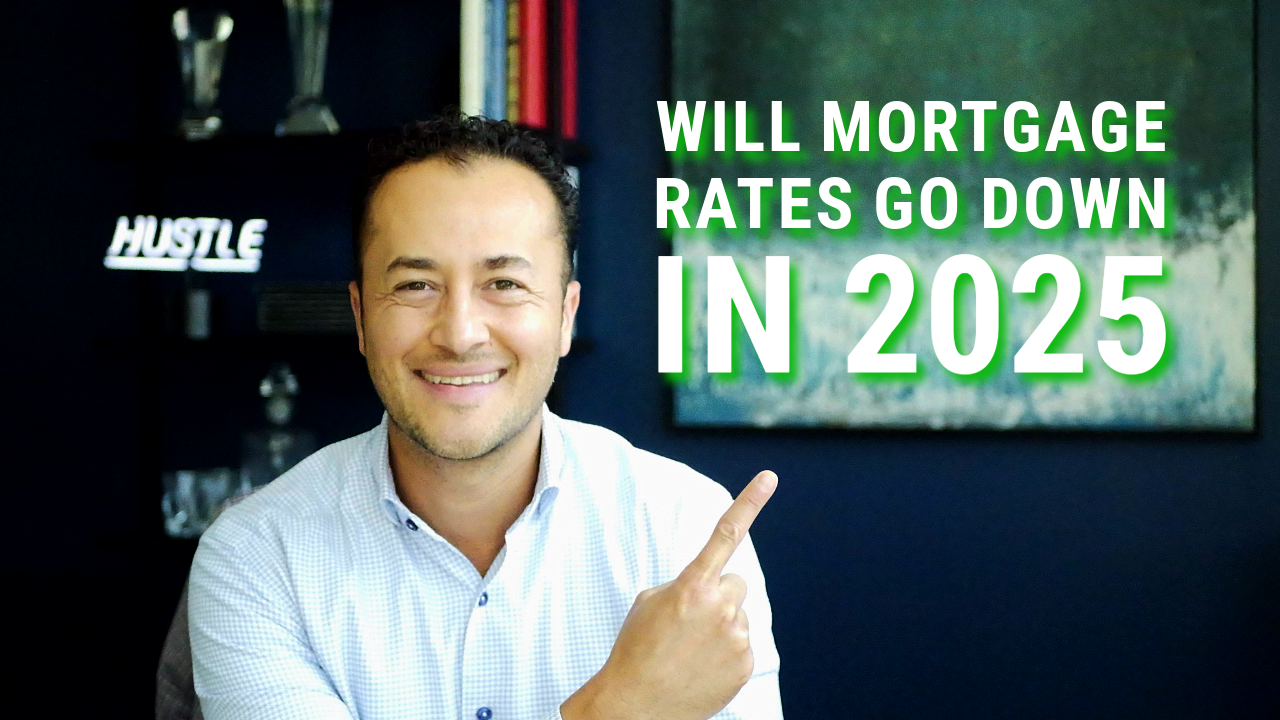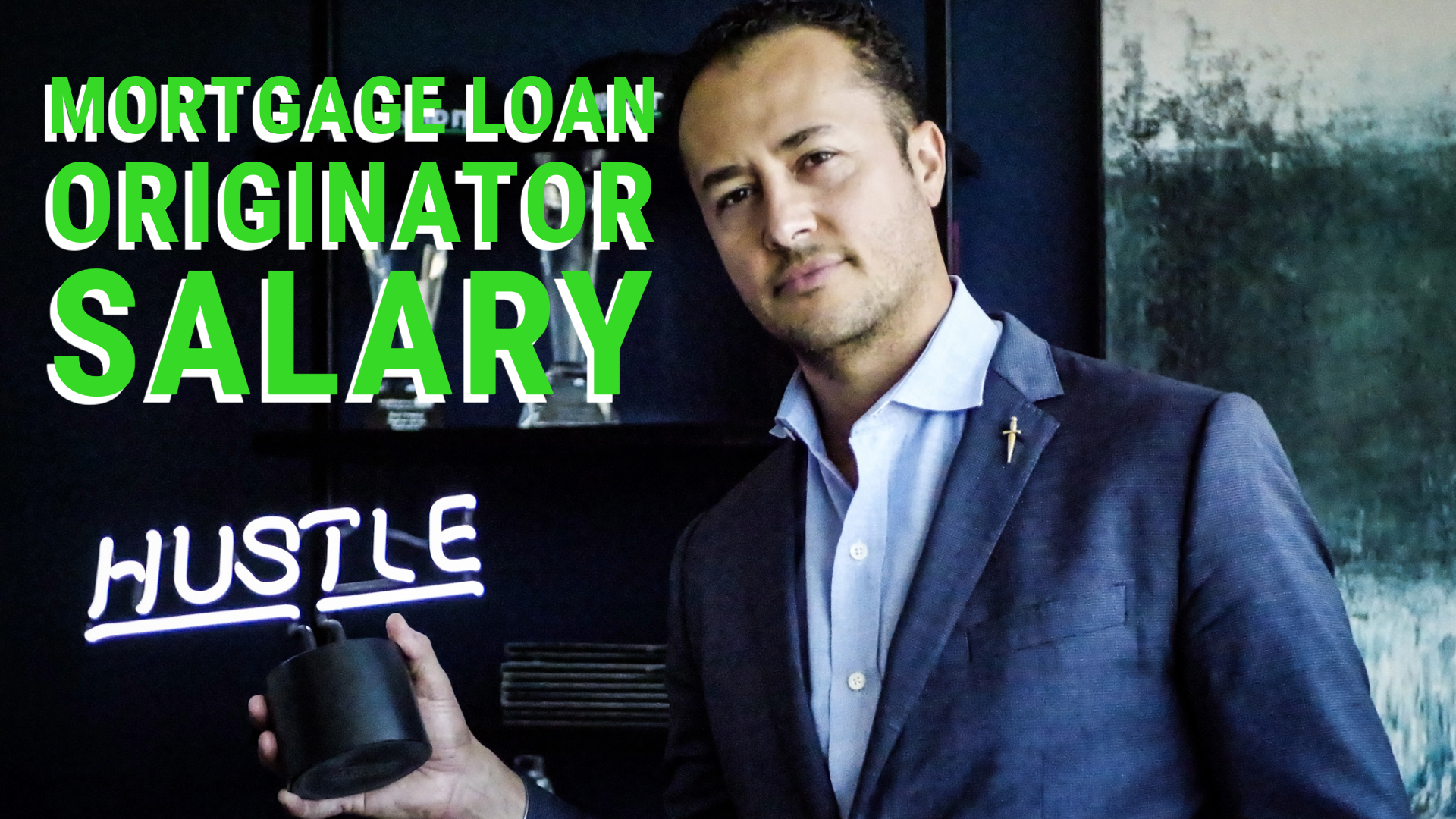por Alex Varela
•
29 de noviembre de 2024
When purchasing a home, there are many financial factors to consider, and one common question for buyers is, “Who pays the mortgage broker?” The answer depends on the structure of the transaction, the agreement between the parties, and the specific practices of the broker or lender you work with. In this article, we’ll break down how mortgage brokers are compensated, what this means for buyers and sellers, and how companies like Neighborhood Loans often negotiate to have sellers cover these costs. Understanding Mortgage Broker Compensation A mortgage broker acts as a middleman between the borrower and lenders, helping homebuyers find loan options that suit their financial needs. For their services, brokers are typically compensated in one of two ways: Borrower-Paid Compensation: In this scenario, the borrower pays the mortgage broker directly at closing. This fee is often a percentage of the loan amount and is referred to as a "broker fee." While this option gives borrowers transparency and control, it can add to the upfront costs of purchasing a home. Lender-Paid Compensation: More commonly, mortgage brokers are paid by the lender. The lender builds the broker’s fee into the loan terms, meaning borrowers don’t pay out of pocket for the broker’s services. However, the trade-off is often a slightly higher interest rate to cover the cost. Who Covers These Costs in a Real Estate Transaction? When it comes to closing costs, including mortgage broker fees, buyers and sellers can negotiate who pays for what. While it's common for buyers to bear the brunt of closing costs, some strategies can shift these expenses to the seller. Neighborhood Loans: Advocating for Buyers One notable approach comes from Neighborhood Loans , a mortgage company dedicated to simplifying the home-buying process. Their team often negotiates with sellers to have them cover the buyer’s closing costs, including mortgage broker fees. This practice benefits buyers by reducing their upfront financial burden, making homeownership more accessible. It also simplifies the process for sellers, who might be more motivated to close a deal quickly in competitive markets. For example, if you’re purchasing a home with a loan from Neighborhood Loans, you could potentially save thousands of dollars by leveraging their negotiation expertise. Why Would Sellers Agree to Pay? Sellers may agree to pay the mortgage broker fees for several reasons: To Attract Buyers: Offering to cover closing costs makes a property more appealing to buyers who might otherwise struggle to afford upfront expenses. In a Buyer’s Market: When supply outpaces demand, sellers have to sweeten the deal to close sales quickly. During Negotiations: Sellers often agree to concessions in exchange for a higher purchase price or faster closing timeline. While this arrangement is not guaranteed, companies like Neighborhood Loans increase the likelihood of success by working directly with sellers and their agents to structure mutually beneficial deals. What Buyers Should Know About Costs Even with seller concessions, it’s essential for buyers to understand the overall cost of the mortgage. Familiarizing yourself with how mortgage payments are calculated can help you budget effectively and avoid surprises down the road. If you're unsure where to start, check out our article, How Mortgage Payments Are Calculated . Additionally, some loan types may require private mortgage insurance (PMI) if your down payment is less than 20% of the home’s price. This is another cost that buyers need to factor in, though it might be negotiable in some cases. For more information, read When is Mortgage Insurance Required? . Tips for Buyers Working with a Mortgage Broker Here are a few tips to ensure you get the most out of your mortgage broker’s services: Ask Questions: Don’t hesitate to ask your broker how they’re compensated and whether they can negotiate fees. Transparency builds trust. Leverage Negotiation Opportunities: Work with a company like Neighborhood Loans that actively advocates for buyer-friendly terms. Compare Offers: Mortgage brokers often present multiple loan options. Take time to compare rates, fees, and terms to find the best fit for your needs. Plan Ahead: Budget for potential closing costs, even if seller concessions are on the table. It’s always better to be prepared. Conclusion The question of who pays a mortgage broker doesn’t have a one-size-fits-all answer—it depends on the compensation model, the terms of the loan, and the specifics of the real estate transaction. While buyers traditionally shoulder this cost, working with companies like Neighborhood Loans can shift the financial responsibility to the seller, potentially saving buyers thousands of dollars. By understanding how brokers are paid and exploring negotiation strategies, you can navigate the home-buying process with confidence. To gain a deeper understanding of your mortgage and related costs. Homeownership is a significant investment, but with the right guidance and resources, you can make informed decisions that align with your financial goals.









